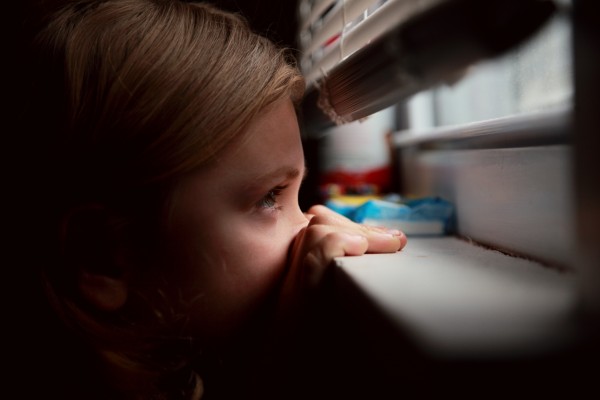
Parents everywhere are facing social dilemmas as children and teenagers’ feel like Rapunzel locked in the tower without the connections that make schoolwork and other duties worth even doing. Many parents notice their child struggling to reach out, waiting impatiently for texts to come, sitting silent on a google hangout, putting all their focus on one friend who is growing tired of the spotlight, or increasingly irritable as they are trying to adapt to the “new normal.” No one knows where we will be even two months from now, but we CAN – and MUST - help our child build social skills, no matter how things shape up.
Connecting with others is not easy for many children, as there are several steps involved in making virtual and real-life friends. The steps include developing the social skills, engaging with others, interpreting social cues, building and then nurturing these relationships. Think about which of these pieces your child struggles with most and help him during this social distancing period so he can return to full or hybrid in-person school and activities with strengthened skills.
How can we strengthen the social muscle during a pandemic?
1. Set goals as a family for things each member wants to openly work on together - Bring back dinner, backyard picnics, and car travel conversations – This is an excellent way to get the child who doesn’t communicate well or tells long-winded, meandering stories to participate in, rather than monopolize or disengage from, small talk. If one person’s goal is to improve listening skills, consider playing “pass the story” in which one person starts the story and others repeat what was said and then adds to it. This helps with listening and story-telling skills. Another goal could be to better read body language cues virtually. Each family member can practice reading the other’s body language, as in, “Hey, what am I thinking right now?”
2. Help your child witness how the world works – Helping your child witness and reflect is one of the most important things a parent can do to help their child build social skills. Encourage her to self-reflect on her actions and thoughts by asking her open-ended questions so she can speak candidly and you can learn her thought-process. Instead of telling your child, “You can’t have friends if you don’t join anything,” ask, “How do kids connect and make friends? What steps does it take to connect with people?” Instead of “You are really loud when you play video games,” ask, “What do others do when playing these games?” Let them think for themselves about how others perceive, engage and interact.
3. Help Your Child Feel Validated and “See the Point” –
More than likely, there are many situations in your child’s life that you either don’t fully understand or don’t know. Reflective Listening is a coaching method that clarifies the situation and makes him feel validated and heard. In this technique, the parent will repeat and encapsulate the child’s statement as they understood it. For example, if he states that he doesn’t “see the point” in a schedule while distance learning, you can say, “So, you don’t see the point in maintaining a schedule or organizing your assignments in this online world?” This allows him to think about his statement and clarify.
4. Get Your Child On-Board to Talk Social - (steps to … graphic) If she doesn’t want to engage with you, the best way to move past this impasse is to partner with her. This takes time but is so worth it in the long run. Again, use open questions to help her reflect on the social world, and to hear her own perspective. For instance, ask, “Who do you see as someone you would like to be friends with?” allows you to gain access to a lot of truthful information while enabling her to hear and self-evaluate her own statements. I had a young client who was convinced that she needed her “friends” because it was so hard to make friends during the pandemic. Upon reviewing her friendships, she recognized that some were not very kind and this started a search for other, more accepting friendships.
5. Paving the Path to a Healthy Parent Child Relationship – I have clients who think that they can skip this step, but I seriously warn against that. Use this time of family togetherness to bring fun back into the relationship. Devote time to engaging and sharing activities, jokes, shows, etc. that you both enjoy. Don’t bring up hot button topics like homework, chores, etc. Save those discussions for regular check-ins. This time allows you to better understand her social world and enable her to share concerns and open up to you, now and in the future. I have other clients who are spending the whole COVID term doing just this!
6. Translate New Virtually Learned Skills to the Real World – (virtual world to real world slide). I am seeing many introverts that are socially engaging better now in this virtual world. Video is good for shy people as it can be less intimidating than walking up to someone. Set achievable goals – Figure out together what he can work on when meeting people in person. Come up with online communities of like-minded people and practice. Remind him to pick one thing to work on and every time he walks through a real or virtual door, to remember his intension, review the group and remember what his role is in the group.
Friendships are one of the best ways to share our interests, concerns, and love with others. Every effort, regardless of age, should be utilized in order to build a healthy social network.
This post comes from the TODAY Parenting Team community, where all members are welcome to post and discuss parenting solutions. Learn more and join us! Because we're all in this together.
